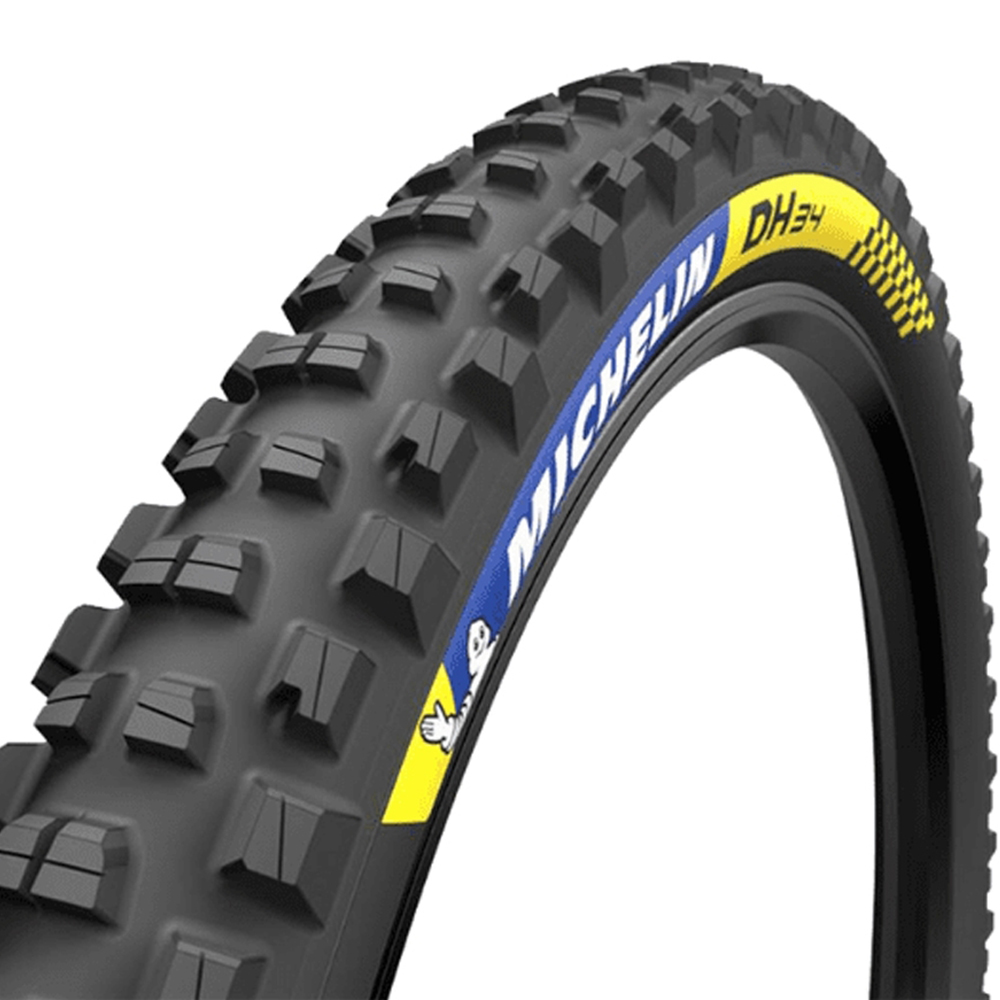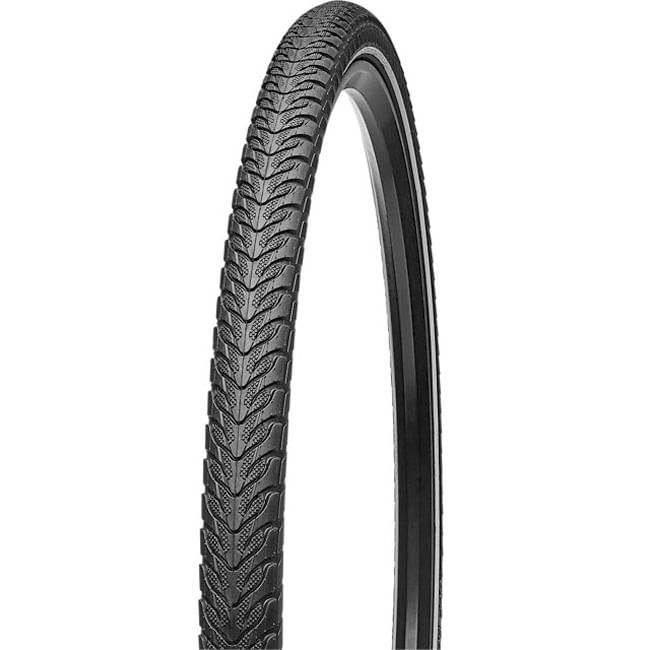I. Introduction

A. Importance of choosing the right bike tires
Choosing the right bike tires is crucial for cyclists as they directly impact the overall performance, safety, and comfort of your biking experience. With numerous tire options available, it’s important to understand the advantages and characteristics that a specific tire size offers.
B. Overview of 26 inch bike tires
26 inch bike tires have been widely used in the biking industry for decades. Initially popularized in mountain biking, they have now gained popularity across various cycling disciplines. These tires offer unique advantages, making them a preferred choice for many cyclists.
II. Advantages of 26 Inch Bike Tires
A. Versatility for various terrains
- Suitable for both on-road and off-road biking
26 inch bike tires are known for their versatility in handling different terrains. They are suitable for both on-road and off-road biking. Whether you are riding on gravel paths, paved roads, or taking on rugged trails, 26 inch bike tires provide reliable performance.
- Enhanced traction and stability
The 26 inch tire size offers excellent traction and stability on various surfaces. The wider surface area allows for better grip, improving your control and confidence, especially when riding on loose or slippery terrains.

B. Smooth and comfortable ride
- Increased cushioning and absorption of shocks
One of the key advantages of 26 inch bike tires is their ability to provide a smooth and comfortable ride. The larger tire volume allows for increased cushioning, reducing the impact of bumps and vibrations on your body. This is particularly beneficial when riding on rough trails or uneven surfaces.
- Reduced rolling resistance for effortless pedaling
Despite their larger size, 26 inch bike tires can offer reduced rolling resistance. This means that less effort is required to maintain your speed, making pedaling feel more effortless. This is advantageous for cyclists when covering longer distances or tackling challenging uphill sections.
C. Compatibility with standard bike components
- Availability of a wide range of bike accessories and upgrades
Another advantage of choosing 26 inch bike tires is the abundance of bike accessories and upgrades available in this size. Being a popular tire size, manufacturers often produce a wide range of components compatible with 26 inch tires. This ensures that cyclists have ample options for customization and performance upgrades.

- Easy to find replacement tires
As 26 inch bike tires have been widely used for many years, finding replacement tires is relatively easy. This is especially convenient when you need to replace worn-out tires or change to a different tire tread pattern for specific riding conditions.
III. Considerations when Choosing 26 Inch Bike Tires
A. Tire Width and Tread Pattern
- Understanding the relationship between tire width and terrain
When choosing 26 inch bike tires, it’s important to consider the appropriate tire width for the intended terrain. Narrower tires, typically ranging from 1.5 to 2.0 inches, are suitable for smoother surfaces and provide reduced rolling resistance. Wider tires, ranging from 2.1 to 2.7 inches, are more suitable for off-road terrain as they offer increased stability and traction.
- Selecting the appropriate tread pattern for desired riding conditions
The tread pattern of the tire plays a crucial role in providing grip and control. For on-road biking, tires with a smoother tread pattern or slick tires are ideal as they offer reduced rolling resistance. On the other hand, for off-road or mountain biking, tires with larger knobs or aggressive tread patterns provide better traction and grip on loose or muddy surfaces.
B. Tube vs Tubeless Options

- Benefits of traditional inner-tube tires
Traditional inner-tube tires have been the standard for decades and offer several advantages. They are generally more affordable, easier to install, and repairing a flat tire is relatively straightforward. Inner-tube tires also tend to hold their pressure longer and can be used with a wider range of rims.
- Advantages and considerations of going tubeless
Tubeless tires have gained popularity in recent years, offering a few advantages over traditional inner-tube tires. They provide better puncture resistance because sealant inside the tire can seal small holes. Tubeless tires also allow for lower tire pressures, which enhances rolling resistance and traction. However, setting up tubeless tires requires specific rims and valves, and they may require more maintenance.
C. Compatibility with Bike Frame and Braking System
- Ensuring proper clearance between tire and frame/fork
Before purchasing 26 inch bike tires, ensure that they have adequate clearance to avoid any interference between the tire and the bike frame or fork. Check the manufacturer’s specifications or consult a bike mechanic if needed. Insufficient clearance can result in potential accidents and damage to the tire or frame.
- Evaluating compatibility with rim brakes or disc brakes
Consider the type of brakes your bike utilizes and ensure compatibility with the chosen 26 inch bike tires. Rim brakes require a braking surface on the rim, so make sure the tire sidewalls are suitable for rim brake use. If your bike has disc brakes, ensure the tires are compatible with the rotor size and any specific clearance requirements.
IV. Maintaining and Caring for 26 Inch Bike Tires

A. Proper tire inflation and pressure
Maintaining the proper tire inflation and pressure is crucial for optimal performance and longevity. Consult the manufacturer’s guidelines for recommended tire pressure ranges based on your weight and riding conditions. Regularly check and adjust tire pressure using a reliable pressure gauge.
B. Inspecting for wear and damage
Regularly inspect your 26 inch bike tires for signs of wear and damage. Look for cuts, bulges, or excessive tread wear. Replace tires that show significant signs of wear or damage to ensure safe riding conditions.
C. Tire rotation and replacement guidelines
To promote even wear and maximize the lifespan of your 26 inch bike tires, consider periodically rotating them. Tire rotation involves swapping the front and rear tires to distribute the wear pattern more evenly. Follow the manufacturer’s guidelines for tire rotation and replacement recommendations based on mileage or visible wear.
Conclusion
Consider these important factors when choosing and maintaining 26 inch bike tires. Tire width and tread pattern should match your desired terrain, and the decision between tube and tubeless depends on your preferences and riding style. Ensure compatibility with your bike frame and braking system for safety. Proper maintenance and care will prolong the lifespan and performance of your tires, allowing you to enjoy a smooth and safe biking experience. With these considerations in mind, you can confidently choose and maintain the right 26 inch bike tires for your cycling needs.
